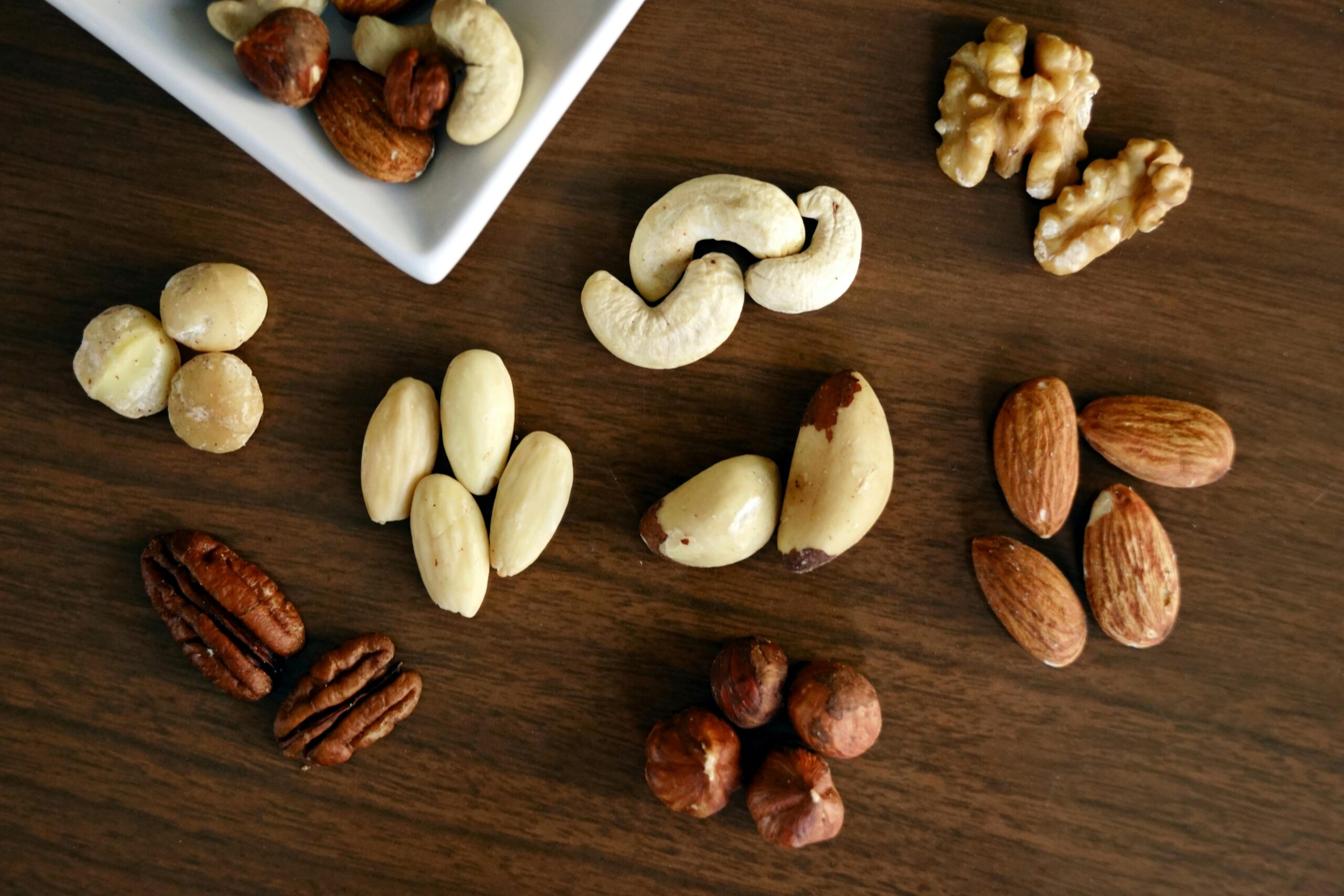Truth about cough syrup The Truth About Cough Syrup: Types, Myths, and Safer Alternatives
Cough syrup is a staple in medicine cabinets worldwide, but not all cough syrups are created equal. Some contain powerful drugs, while others rely on natural ingredients. With so many options—DM, codeine, herbal, and homeopathic—how do you choose the right one?
This guide cuts through the confusion, covering:
✔ The different types of cough syrups (and which actually work)
✔ Common myths about cough suppressants
✔ When to avoid cough syrup (and what to use instead)
✔ Natural remedies that may be just as effective
—
Types of Cough Syrups: Which One Should You Use?
Not every cough needs syrup—some require hydration, others need suppression. Here’s a breakdown:
1. Antitussives (Cough Suppressants)
– How they work: Block the cough reflex in the brain.
– Common ingredient: Dextromethorphan (DXM)
– Best for: Dry, hacking coughs (especially at night).
– Warning: High doses can cause hallucinations (a reason DXM is abused as a recreational drug).
2. Expectorants (Mucus Thinners)
– How they work: Loosen mucus so you can cough it up.
– Common ingredient: Guaifenesin
– Best for: Wet, chesty coughs with congestion.
– Myth busted: Doesn’t “stop” coughing—helps clear it.
3. Combination Syrups (Cold & Cough Formulas)
– What’s inside: Often a mix of DM, antihistamines, and pain relievers (e.g., acetaminophen).
– Risk: Overuse can lead to liver damage (from too much acetaminophen) or drowsiness (antihistamines).
4. Codeine & Prescription Cough Syrups
– How they work: Strong narcotic suppressants.
– Why controversial: Highly addictive (linked to the opioid crisis).
– When used: Only for severe, short-term coughs (e.g., whooping cough).
5. Herbal & Natural Cough Syrups
– Common ingredients: Honey, ivy leaf, thyme, licorice root.
– Do they work? Honey is proven to soothe coughs better than some OTC syrups (especially for kids).
—
5 Myths About Cough Syrup—Debunked
❌ Myth 1: “Cough syrup speeds up healing.”
✅ Truth: It only manages symptoms—your immune system does the real work.
❌ Myth 2: “All-natural means safer.”
✅ Truth: Some herbal syrups interact with medications (e.g., licorice root & blood pressure drugs).
❌ Myth 3: “You should finish the bottle.”
✅ Truth: Coughs usually resolve in 1-2 weeks—long-term syrup use can mask serious conditions (like asthma).
❌ Myth 4: “Kids can take adult cough syrup in smaller doses.”
✅ Truth: Never give kids adult formulas—some contain alcohol or opioids.
❌ Myth 5: “Cough syrup is the only solution.”
✅ Truth: Hydration, steam, and honey often work just as well (and with fewer side effects).
—
When Should You Avoid Cough Syrup?
⚠ Don’t use cough syrup if you have:
– A productive cough (suppressing it traps mucus)
– High blood pressure (some contain decongestants)
– Chronic bronchitis or COPD (could worsen mucus buildup)
– Children under 4 (risk of serious side effects)
—
Better Alternatives to Cough Syrup
1. Honey (Nature’s Cough Suppressant)
– Proven to be as effective as DM for kids.
– How to use: 1-2 tsp before bed (never for babies under 1 year).
2. Saltwater Gargle
– Reduces throat irritation from postnasal drip.
3. Steam Inhalation
– Loosens mucus naturally (add eucalyptus oil for extra relief).
4. Stay Hydrated
– Warm teas (ginger, licorice) soothe the throat.
5. Elevate Your Head at Night
– Reduces postnasal drip triggering coughs.
—
The Bottom Line
Cough syrup can help, but it’s not always the best—or safest—option. For dry coughs, DM may help; for wet coughs, guaifenesin or honey works better. Always check labels, avoid unnecessary combinations, and consider natural remedies first.
Focus Keywords:
– Best cough syrup
– Dextromethorphan vs. guaifenesin
– Natural cough remedies
– Honey for cough
– Dangers of codeine cough syrup
– Cough syrup myths
– When to avoid cough syrup
This blog stands out by debunking myths, comparing types, and offering safer alternatives—making it a must-read before reaching for that syrup bottle. Want any refinements? Let me know!



Leave a Reply